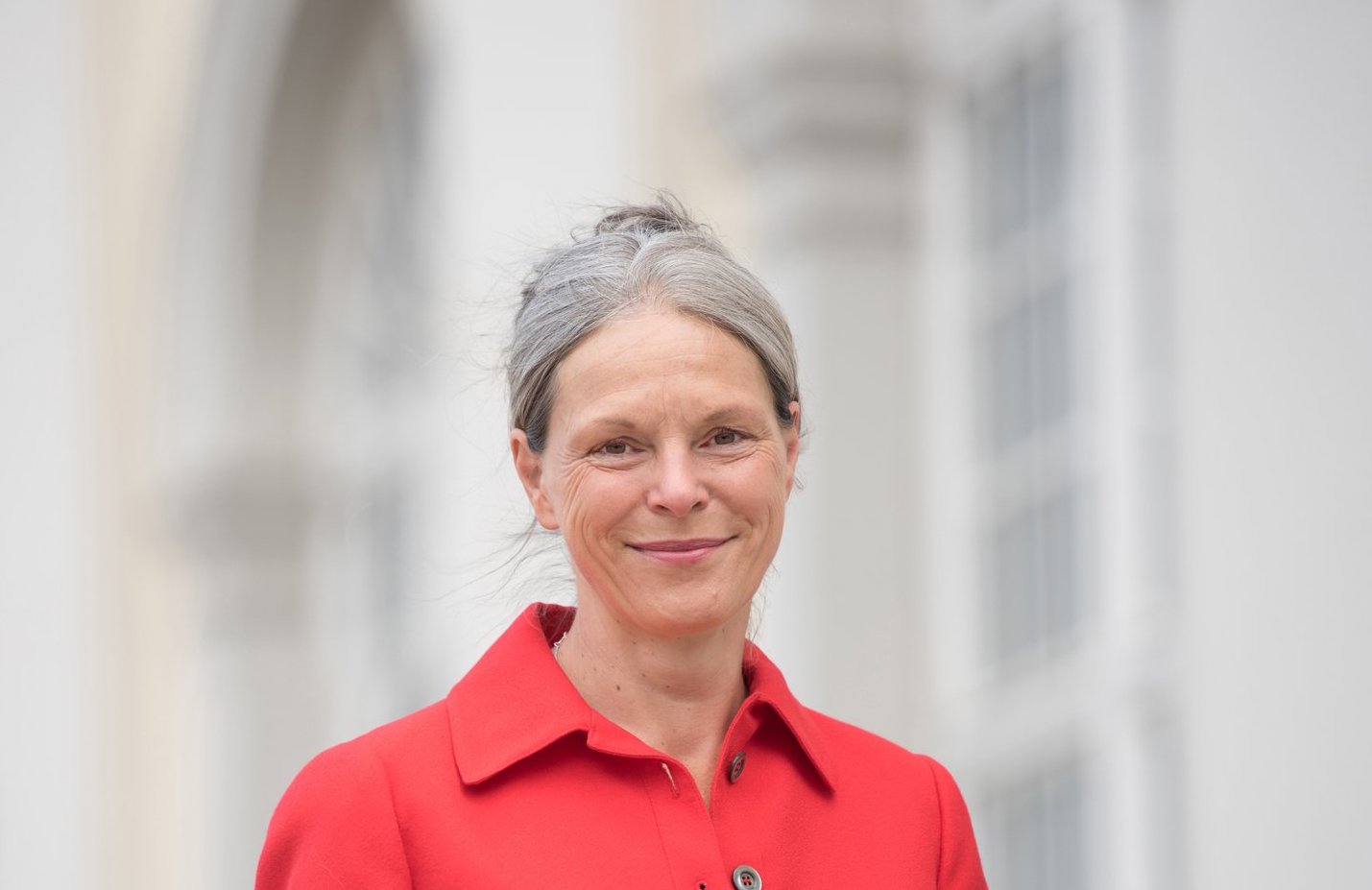
After a six-month search, the German art quinquennial documenta appointed Sabine Schormann its permanent CEO on Wednesday. She will work in “close collaboration” with interim boss Wolfgang Orthmayer, a former Sony music executive, until she eventually replaces him in the fall.
Schormann was selected from a long list of 54 candidates and will move to Kassel from Hanover, where she helmed two of the largest art foundations in Northern Germany: the foundation of Lower Saxony’s Sparkasse bank and the foundation of VGH insurance.
The move could help documenta turn the page on last year’s budgeting crisis that scandalized its most recent edition. Under former CEO Annette Kulenkampff, documenta 14 racked up a $6.3 million deficit and shook public confidence in the exhibition. The appointment of a successor with bank and insurance brokerage experience on her resumé reflects the safest possible choice for documenta’s heavily scrutinized board.
“I see my role as an enabler,” Schormann said in a statement. “I want to strengthen public perception and ensure the greatest possible development of documenta without intervening artistically.”
Christian Geselle, the mayor of Kassel and documenta’s chairman, emphasized Schormann’s competence at a press conference, reported the German daily HNA. “It’s time to look ahead,” Geselle said in a statement. “It has always been my desire that the world views Kassel positively and looks forward to our upcoming world art exhibition.”
The incoming executive will have to hit the ground running, however. A lot of time was lost during the lengthy selection process and the show has yet to appoint an artistic director for 2022 edition.
The new CEO will also have to regain the public’s trust. Last September it emerged that documenta’s stakeholders, the city of Kassel and the state of Hesse, rescued its parent company from bankruptcy with €8 million ($9.5 million) in emergency loan guarantees. An independent audit later attributed the deficit to overspending at documenta 14’s special secondary venue in Athens.
Many Germans felt that Kulenkampff squandered taxpayer funds by failing to reign in the spending of artistic director Adam Sczymczyk. Kulenkampff agreed to step down from her post by mutual decision in November, a year before the expiration of her contract.